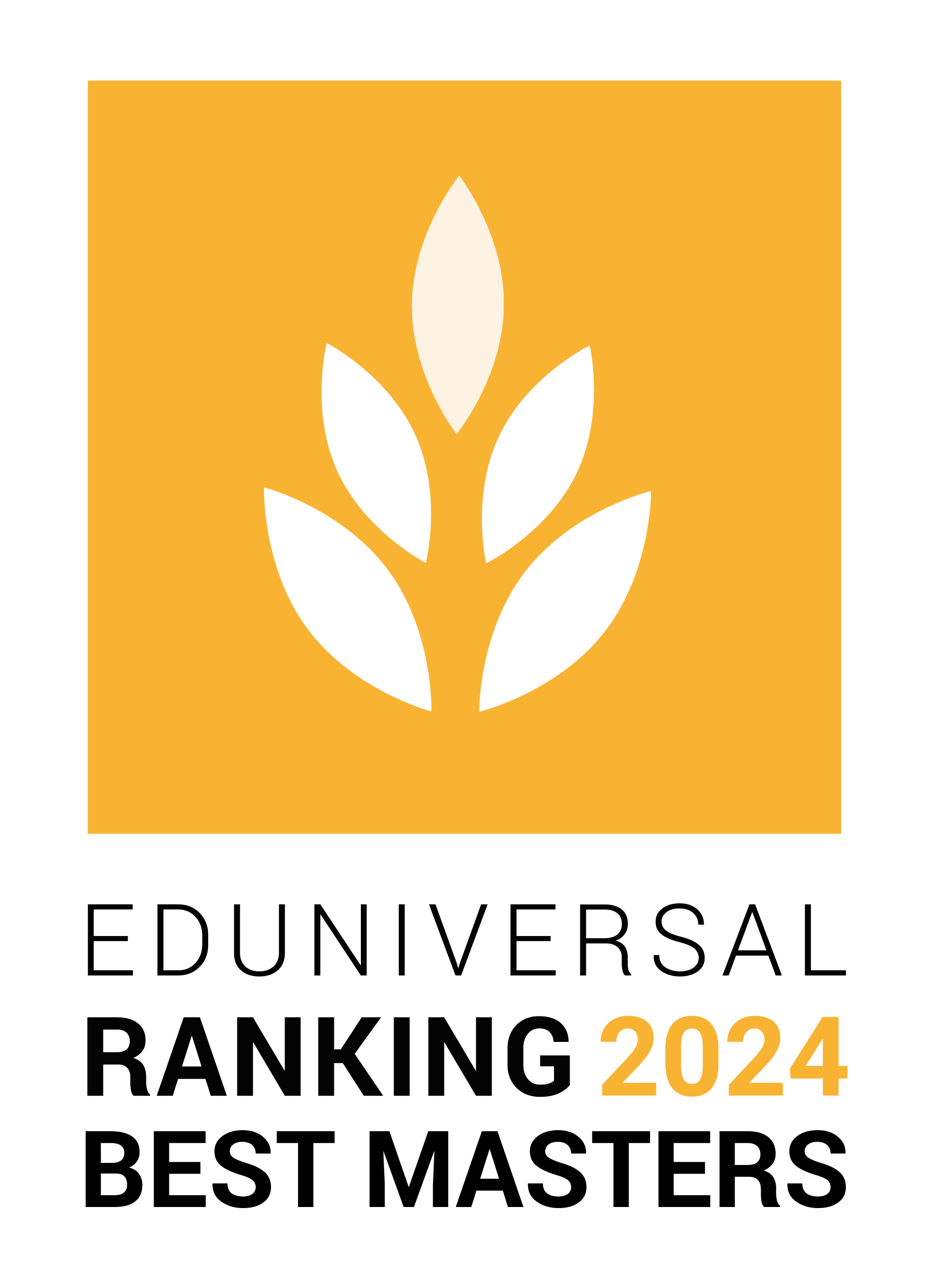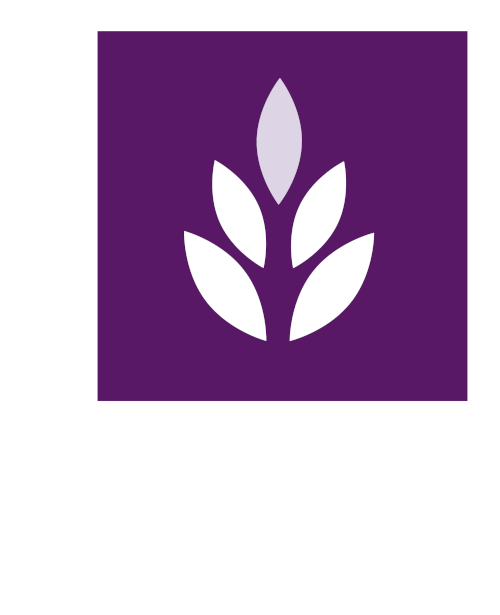- Home
- About
- Business Schools Ranking
- Selected schools
- study abroad
- Awards
- Contact

Study in Tunisia
Tunisia Statistics
Geography-Population
- Capital: Tunis
- Area: 163,610 km ²
- Climate: temperate in the north with mild, rainy winters and hot, dry summers; south of the country is desert
- Population: 10,432,500 (est. 2009)
- Languages: Arabic, French
Government-Economy
Government-Economy
Government Type: Presidential republic National Holiday: March 20
GDP: $86.086 billion (est. 2009)
GDP – per capita (PPP): $8,254 (est. 2009)
Information for Foreign Students in TunisiaGetting ThereTunisia's main international airport for scheduled flights is Tunis-Carthage International Airport (TUN) near Tunis. From the airport, you can catch a taxi to the center of Tunis (beware, meters may be rigged). They are best hailed from the 2nd floor departure hall to avoid getting swindled, should cost no more than 5D to downtown Tunis (Avenue Habib Bourguiba area) during the daytime, and no more than 10D between 9pm-5am (during which meter rates are double daytime rates). Tunisia's second airport is Habib Bourguiba, Skanes-Monastir (MIR) which is served by low cost charter flights from all over Europe. Monastir is nearer to most of the holiday destinations. Inexpensive charter flights (at least from the UK) are available through airlines such as Thomas Cook. From May 2010, Jet2.com will also operate a service to Monastir. Other destinations with international airports include Tozeur and Djerba.
Obtaining a VisaPlease visit the following website (http://www.learn4good.com/travel/tunisia_embassies.htm) and find the closest Tunisian embassy and contact them for details regarding a student visa.
MoneyCurrency used in Tunisia is the Tunisian dinar.
Health Malaria - There is NOT much of a malaria risk in Tunisia, but pack your bug spray. Sun Please remember that the sun is frequently your biggest enemy, we would recommend frequent application of a high (factor 30 or better) sun screen. It is usually cheaper in your local super market than at the holiday destination. Recommended vaccinations are yellow fever, hepatitis A and B, typhoid and polio.
Safety Exercise common sense when traveling in Tunisia. Keep your belongings under close supervision and dress conservatively to avoid attention.
Transportation Private taxis are reasonably priced even for long-distance travel, just be sure to agree on the fare before you set off. The national train company SNCFT runs modern and comfortable trains from Tunis south to Sousse, Sfax and Monastir. There are three classes of service, namely Grand confort (deluxe 1st), 1st and 2nd, and all are quite adequate. Locals use louage or long-haul shared taxis where there is no train or bus. There are no timetables, but they wait in the louage station (which is generally near a train station if your destination is accessible by train) until 8 people turn up. They are nearly as cheap as the walk up train fares and operate with fixed prices so you won't get scalped. Long distance bus (called car) is also a safe and economic way to travel between major cities such as Tunis, Nabeul, Hammamet, etc. You will generally find a station in each major city offering many departures per day (every 30 minutes between Tunis and Hammamet). Some of the bus locally called 'car comfort' offer higher standards (tv, air conditioner) at cheap prices.
* As of January 2011, Tunisia is in a state of severe political crisis. Several people have reportedly been killed and armed forces/police continue to attempt to restore public order. If you are already in Tunisia, stay away from large public gatherings and try to gain independent information about the political and civil situation. Some countries have issued travel warnings, so consult your foreign office before traveling to Tunisia.
Official Selection of the Best Business Schools in Tunisia
|
3 Palmes Of Excellence EXCELLENT Business School |
Rank Position in
Palmes’ League |
Deans’ Recommendation
rate 2024 |
|---|---|---|
| 1 | 158 ‰ | |
| 2 | 147 ‰ | |
| 3 | 74 ‰ |
|
2 Palmes Of Excellence GOOD Business School |
Rank Position in
Palmes’ League |
Deans’ Recommendation
rate 2024 |
|---|---|---|
| 1 | 189 ‰ |
|
1 Palme Of Excellence LOCAL Reference |
Rank Position in
Palmes’ League |
Deans’ Recommendation
rate 2024 |
|---|---|---|
| 1 | 116 ‰ |

Official Selection of the Best Business Schools in Tunisia
Learn the ranking results of the best masters in Tunisia here:
